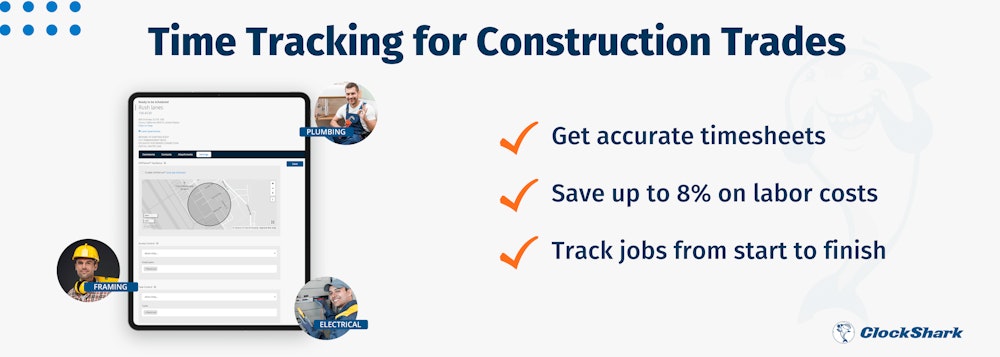Timekeeping isn’t always easy—especially for government contractors. But it’s much easier if you know the DCAA timekeeping requirements.
Here Are 12 Requirements to Follow in Order to Be Dcaa Compliant
1. Create timekeeping policies and procedures
You must create a written, easily understood DCAA compliant time tracking policy for your employees to follow.
2. Give every employee a copy of your timekeeping procedures
Every employee, including those who aren’t working on government contracts, should receive a copy of your time tracking procedures. DCAA auditors will select employees at random to question during an audit.
3. Have every employee record their time daily
Avoid recording time in advance or a while after the work is completed. If using paper time sheets, make sure to enter all time in ink.
4. Have employees log their own time
Supervisors aren’t allowed to clock time for employees unless there are extenuating circumstances such as sick leave.
5. Have employees charge hours to jobs
Time must be charged to the correct job codes, so hours and productivity can be tracked.
6. Approve timesheets
After employees have reviewed and submitted their time, supervisors must double check and approve employee timesheets. This is true whether you track time with paper or electronic timesheets.
7. All time must be accounted for
Make sure to record all types of time, including overtime, paid sick leave, and paid vacation.
8. Document any changes
If an employee needs to make changes, they should make the changes themselves and note the reason for the change. If they make a change to a paper timesheet, they should use ink (not pencil).
9. List all charges as hourly rates
Timekeeping for government contracts must list hourly rates even for salaried employees.
10. Keep your records for at least three years
Don’t throw away or delete timesheets or records until at least 36 months after receiving final payment for the contract.
11. Keep payroll separate from timekeeping
Though time tracking and payroll go hand in hand, they don’t serve the same internal functions. And the two departments should be kept separate. For instance, no one from payroll should be in charge of assigning work tasks to employees.
12. Use only one paper timesheet per person
If you use paper timesheets, make sure you only use one per person per time period.
While these requirements are strict, an electronic timekeeping program makes it easier to stay in compliance with them.
ClockShark is a cloud-based timekeeping and scheduling app. It’s designed to help construction and field service companies save time and money by streamlining the time tracking and scheduling process. Employees can download the mobile app to track their time each day directly from their phones. They can track their time directly to individual jobs. Supervisors can review and approve time before importing hours into a payroll software and see alerts on employees’ timesheets if they ever make an edit. It also tracks overtime and time off rules, keeps records for years, and keeps payroll separate from timekeeping. Check it out by starting a 14-day free trial and see the difference it can make for your business.






